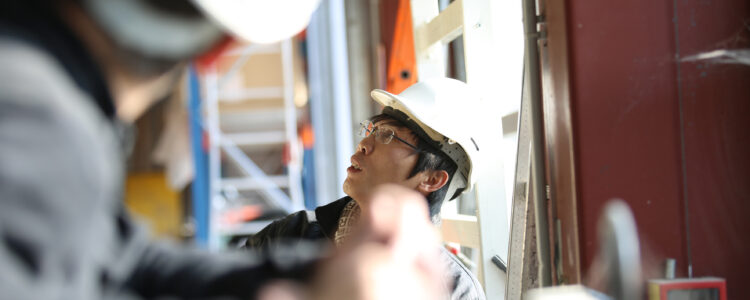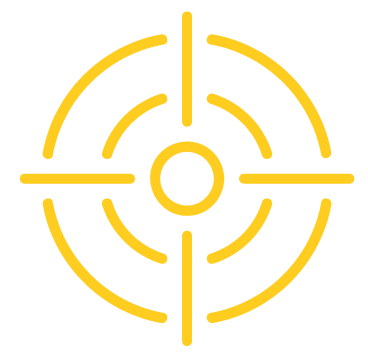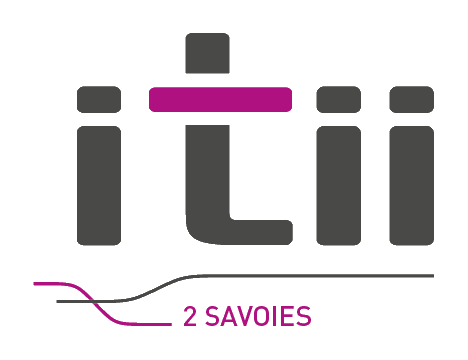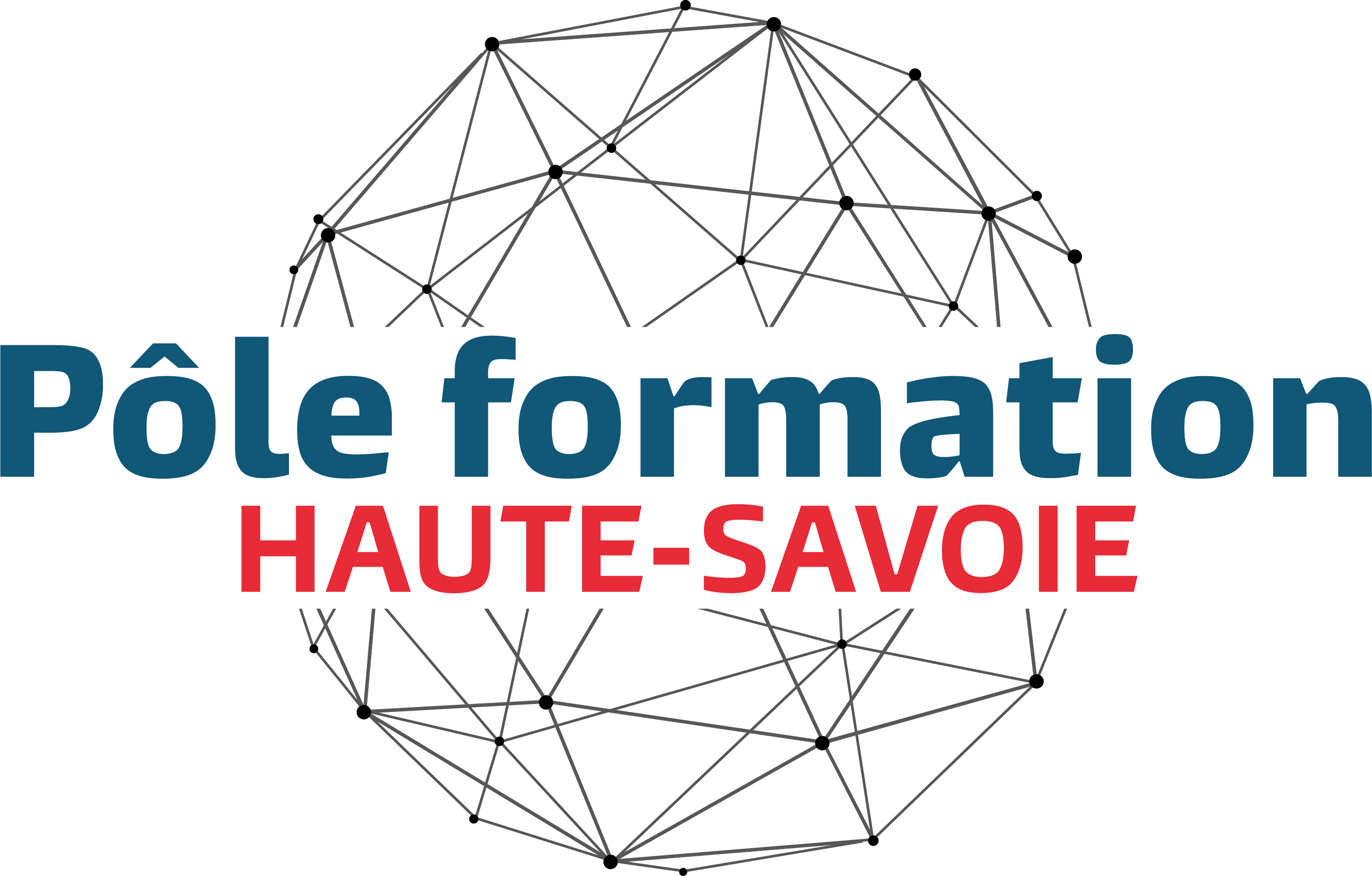BUILDING
ECOCONSTRUCTION
ENERGY
academics under student or apprentice
BUILDING
ECOCONSTRUCTION
ENERGY
WHAT YOU LIKE
C’est bâtir, créer, améliorer et innover, et participer à la transition énergétique et numérique du secteur du bâtiment.
CE QUI VOUS MOTIVE
C’est être un acteur du bâtiment avec une forte sensibilisation à l’écoconstruction : depuis la conception et les études techniques des structures, en intégrant l’énergétique, jusqu’à la conduite de chantiers.
LA FORMATION EN BREF
- Pluridisciplinarité
- Sustainable building
- Structure des bâtiments
- Énergies renouvelables
- Management de projets de construction ou de rénovation
LES 3 AXES DE LA FORMATION
BÂTIMENT : il s’agit de concevoir, dimensionner, construire et exploiter des bâtiments selon une approche multi-techniques (structure, thermique, etc.) et multi-acteurs (architecte, maître d’ouvrage, bureaux d’études, entreprises).
ÉCOCONSTRUCTION (CONSTRUCTION DURABLE) : elle consiste en la création ou la rénovation d’un bâtiment en réduisant au maximum les impacts environnementaux à chaque étape de la construction et de son utilisation.
ÉNERGIE : l’objectif est d’intégrer l’efficacité énergétique et les énergies renouvelables.
SKILLS
- Proposer une gestion sobre et efficace des ressources naturelles et des matériaux de construction
- Maitriser l’empreinte environnementale des bâtiments tout au long de leur cycle de vie
- Gérer et conduire un projet de construction de sa conception à sa réalisation selon ses dimensions techniques, économiques et humaines
- Concevoir et dimensionner les fondations et les structures de bâtiments (béton, bois, métal ou terre crue)
- Développer des systèmes énergétiques efficaces et intégrant les énergies renouvelables
MÉTIERS
- Chargé d’études et de conseils
- Ingénieur projets et affaires
- Ingénieur bureau d’études maîtrise d’œuvre
- Assistant à maîtrise d’ouvrage
- Ingénieur conduite de travaux
- Ingénieur contrôle technique de construction
- Ingénieur recherche et développement
SECTORS
- Ingénierie du bâtiment
- Management de projet bâtiment : BIM
- Management, assistance à maîtrise d’ouvrage, missions d’études et de contrôle, conduite de travaux, exploitation / maintenance des ouvrages
- Écoconstruction
THE LESSONS
Sciences de l’ingénieur
Mathématiques ■ Informatique ■ Mécaniques des fluides ■ Transferts thermiques ■ Mécanique appliquée
Ingénierie de la construction
Géotechniques ■ Mécanique des structures ■ Structures béton, bois ou métal ■ Méthodes et préparation de chantier ■ Cycle de vie d’une opération de construction ■ Modélisation numérique du Bâtiment (DAO, BIM) ■ Contexte législatif
Écoconstruction, efficacité énergétique, énergies renouvelables
Matériaux et procédés constructifs du bâtiment ■ Thermique du bâtiment, génie climatique, acoustique, éclairage ■ Systèmes énergétiques efficaces et intégration des énergies renouvelables (solaire, géothermie, bois) ■ Analyse du cycle de vie des bâtiments
Sciences humaines et management de projets
Anglais ■ Gestion des entreprises ■ Management de projet ■ Communication ■ Droit ■ Gestion financière ■ Management de l’innovation et de la créativité ■ Systèmes de management
L’ENTREPRISE ET L’INTERNATIONAL
La professionnalisation et l’ouverture internationale sont acquises via l’intervention de professionnels dans la formation, les stages en entreprise (découverte du milieu professionnel, assistant ingénieur et ingénieur), le projet recherche et développement, et la mobilité à l’international.
Les entreprises parrainent la formation : Artelia, Bouygues, Eiffage
PROFESSIONAL INTEGRATION
The survey carried out by Université Savoie Mont Blanc confirms
the excellent job placement of our Sustainable Building Engineering Engineering
engineers.
Graduate survey results - 6 months after graduation
Employment rate: 98% - Median gross annual salary in France: €33,250
Graduate survey results - 18 months after graduation
Employment rate: 94% - Median gross annual salary in France: €38,657
UNE FORMATION SOUS STATUT ÉTUDIANT OU APPRENTI
LA FORMATION SOUS STATUT ÉTUDIANT





